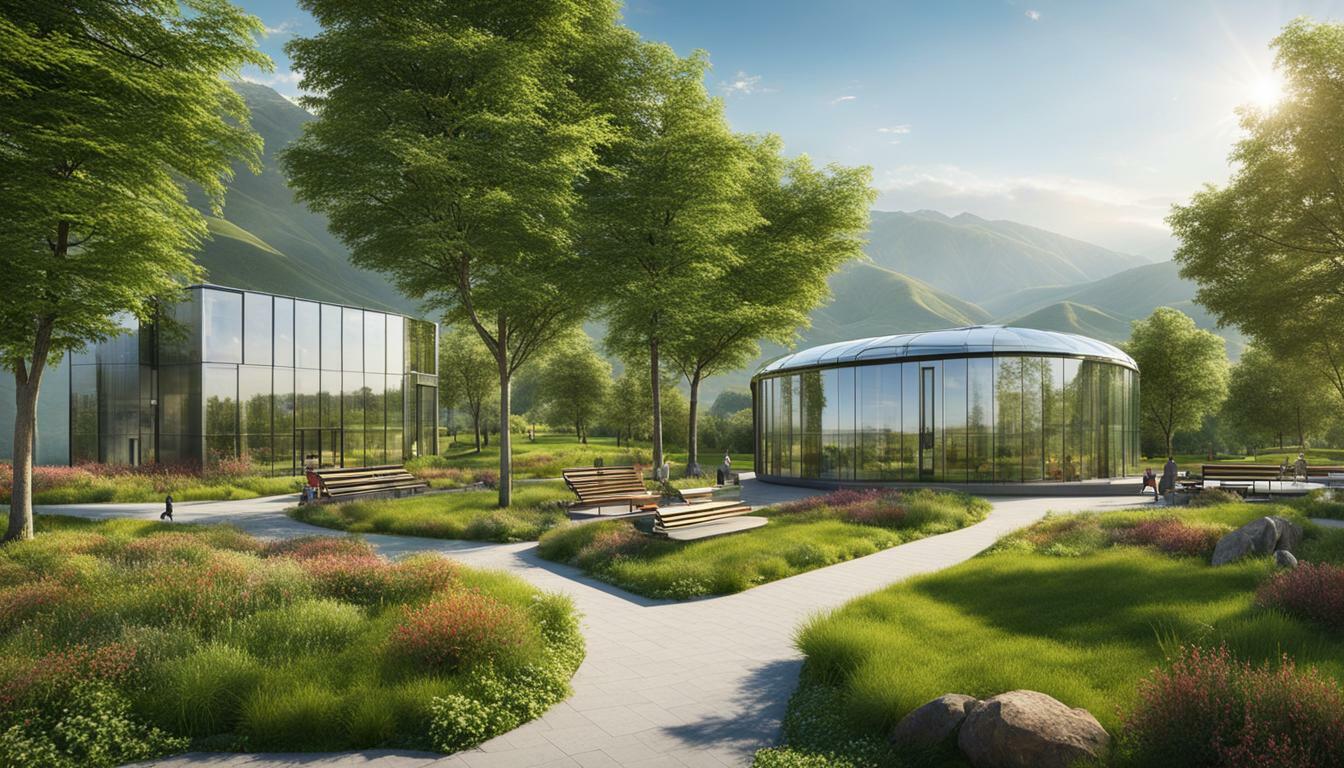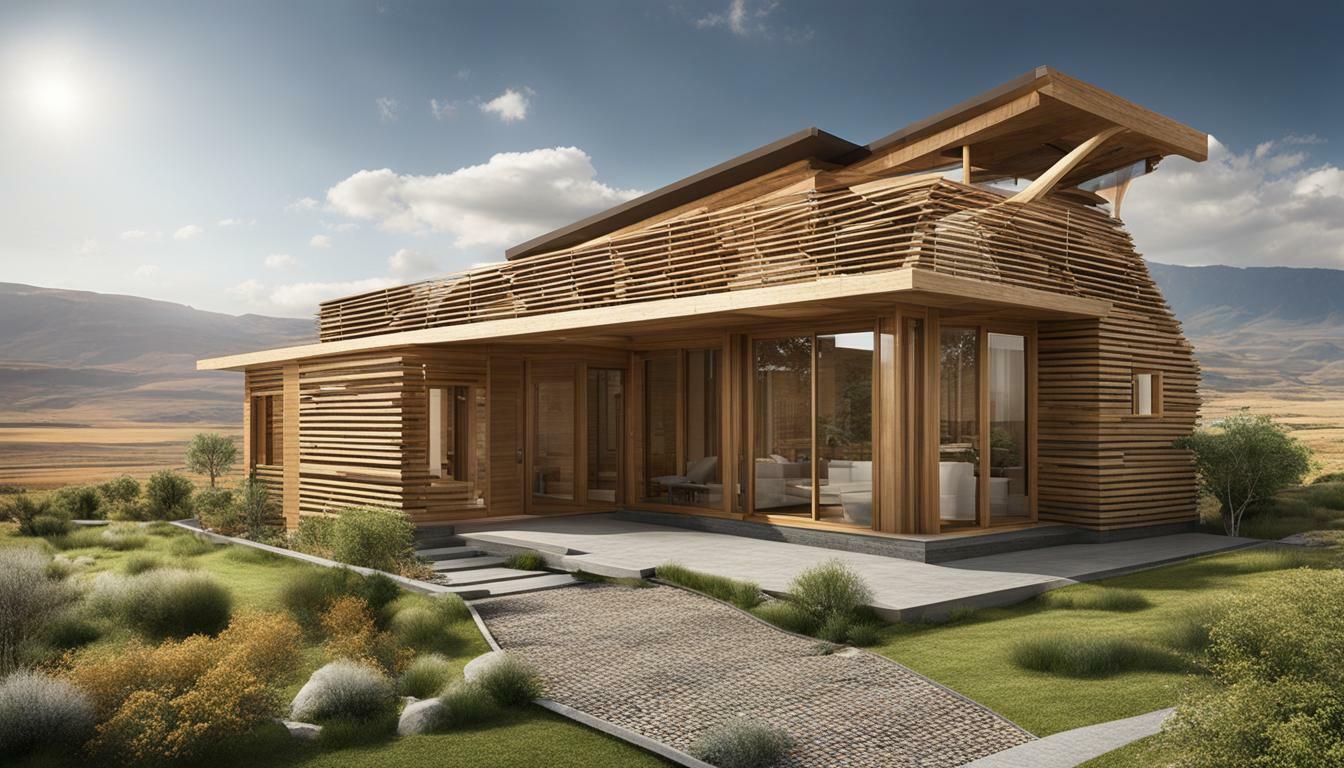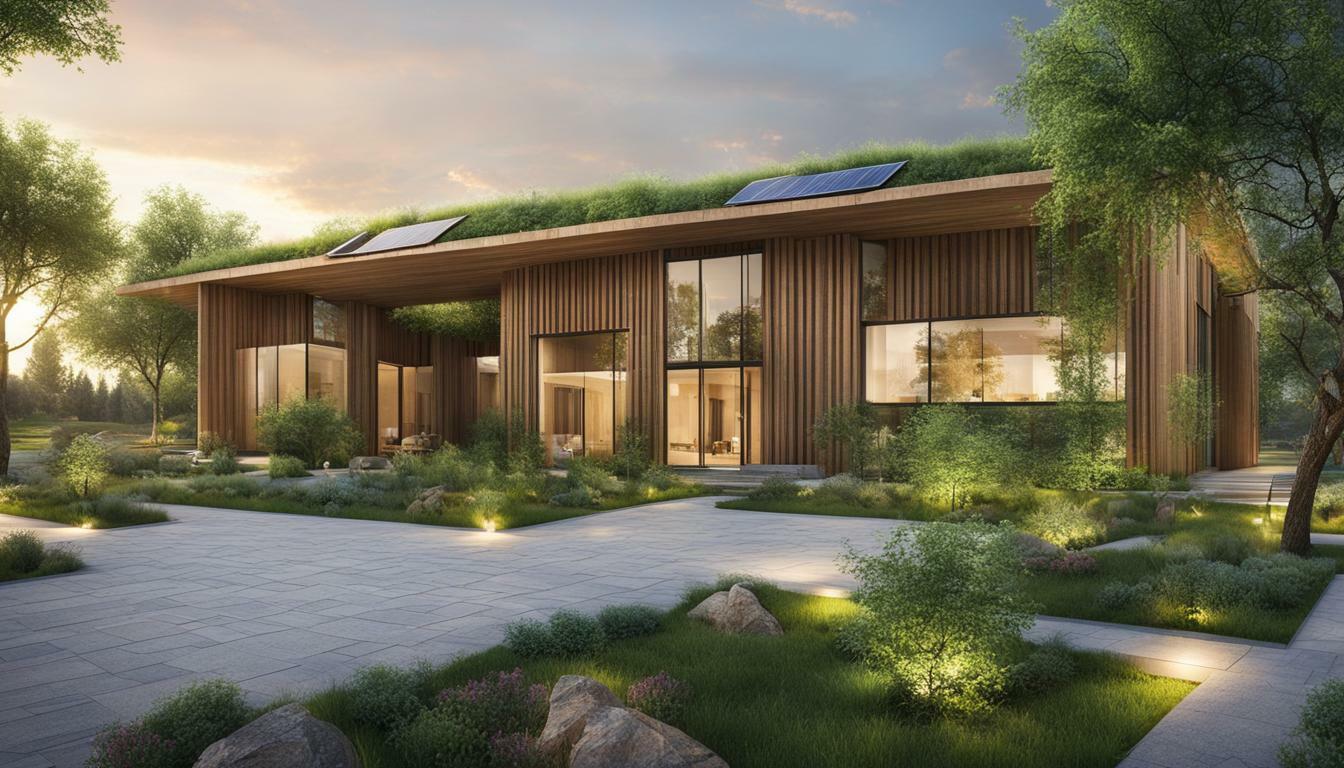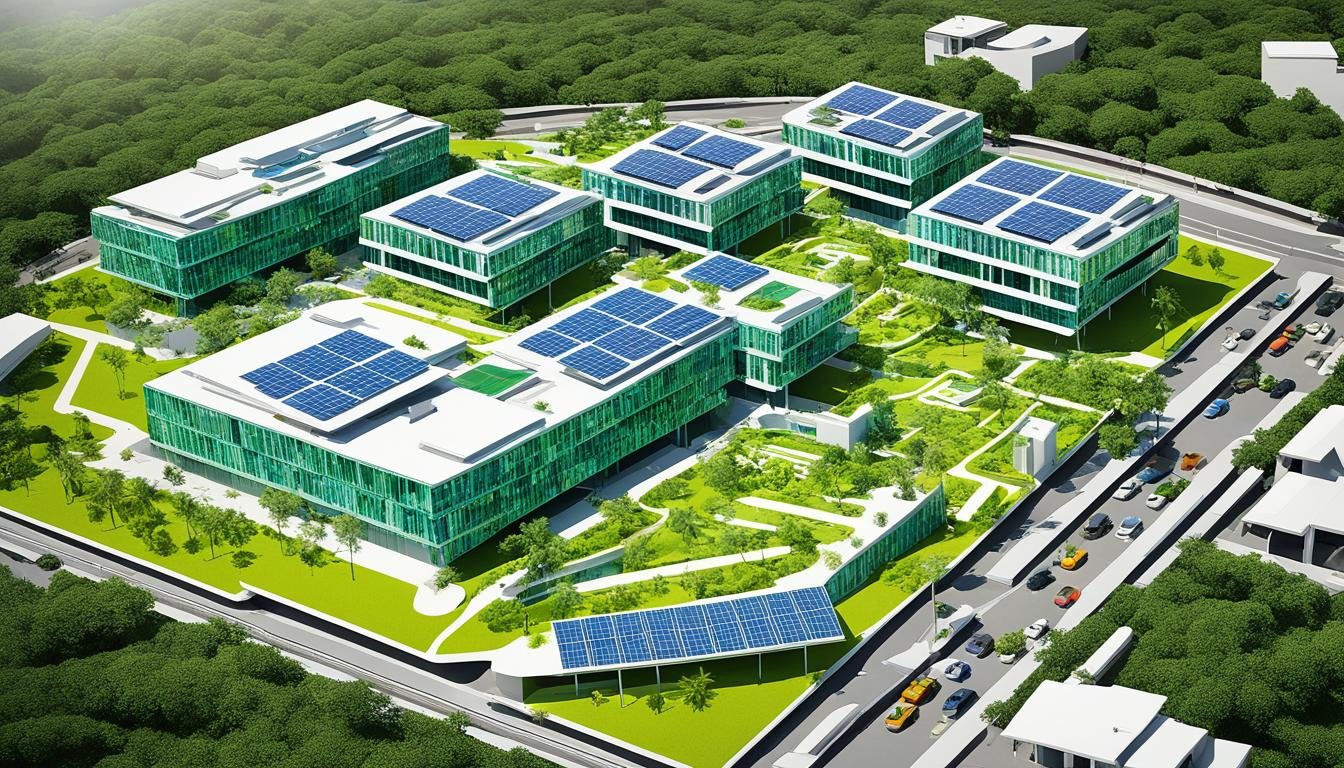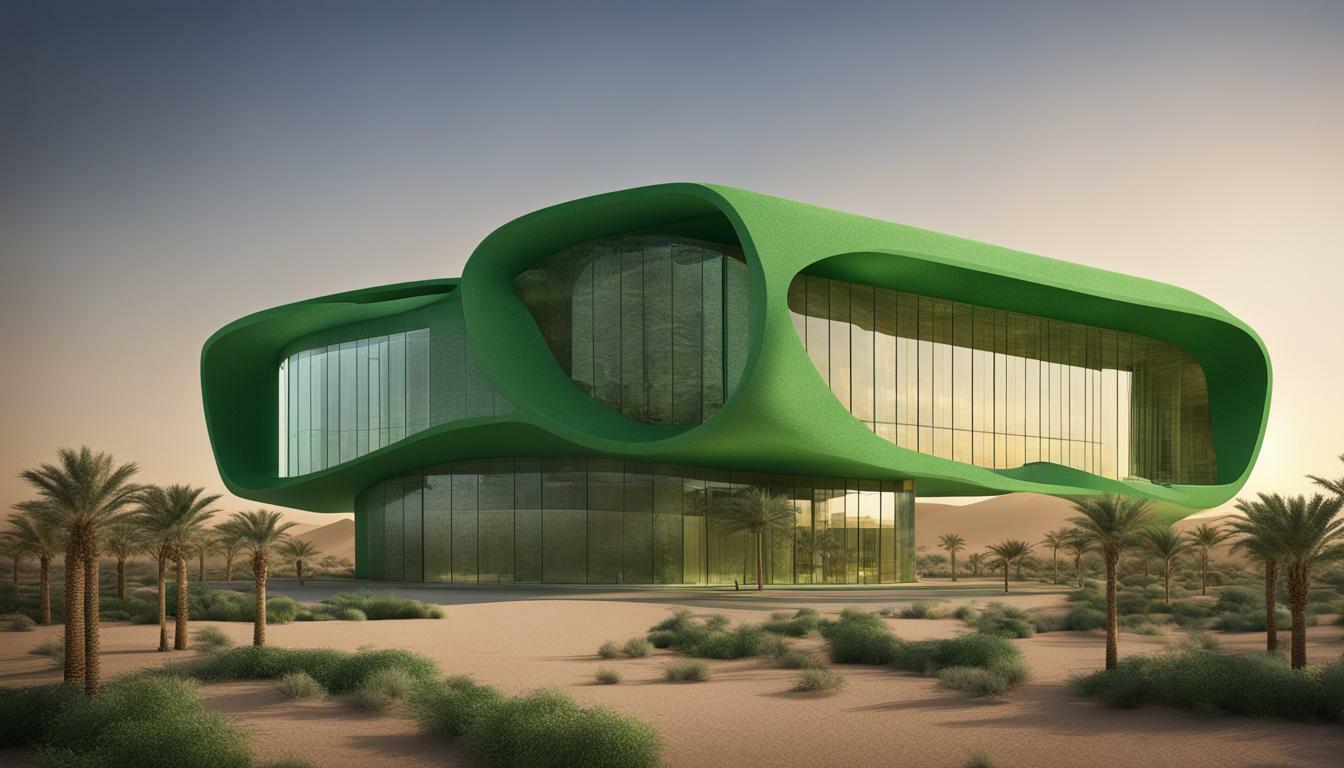Ivory Coast (Côte d’Ivoire) Top Green Buildings
Key Takeaways
- Ivory Coast (Côte d’Ivoire) is making strides in sustainable architecture and energy-efficient construction with its top green buildings.
- The country’s green building market has the potential for significant growth, driven by factors such as high population growth and demand for higher living standards.
- The government is implementing the Nationally Determined Contributions (NDCs) to address energy, waste, infrastructure, and transportation issues, with a target of reducing emissions by 28% by 2030.
- Notable green buildings in Ivory Coast include the Bamboo Pavilion, the Le Corbusier-inspired home-turned-boutique hotel, the Assinie-Mafia Church, and the Hotel Ivoire.
- The Cosmos Yopougon shopping center became the first company in the region to issue a corporate green bond, signaling the potential for private-sector climate finance in the country.
- Ivory Coast is embracing modern architecture and sustainable building practices, striving to become a model for the future.
The Growth of Green Buildings in Ivory Coast (Côte d’Ivoire)
The growth of green buildings in Ivory Coast (Côte d’Ivoire) is fueled by the country’s high population growth, income growth, and demand for higher living standards. As the population continues to expand, there is an increasing need for sustainable and energy-efficient construction practices to ensure a greener future. With a strong momentum in income growth, more individuals and businesses are able to invest in green building practices, driving innovation and development in the sector.
One of the key factors driving the growth of green buildings in Ivory Coast (Côte d’Ivoire) is the demand for higher living standards. As people strive for a better quality of life, there is a growing awareness of the environmental impact of traditional construction methods. This has led to a shift towards sustainable building practices that utilize renewable materials and prioritize energy efficiency.
| Green Building Practice | Description |
|---|---|
| Use of Renewable Materials | Green buildings in Ivory Coast (Côte d’Ivoire) incorporate renewable materials such as bamboo, timber, and recycled materials to reduce the environmental impact of construction. |
| Energy Efficiency | Green buildings prioritize energy efficiency through the use of solar panels, smart building systems, and energy-saving technologies to minimize reliance on non-renewable energy sources. |
The government of Ivory Coast (Côte d’Ivoire) has also played a significant role in promoting green building practices. Through the implementation of the Nationally Determined Contributions (NDCs), the government is actively working to reform energy, waste, infrastructure, and transportation issues to reduce emissions by 28% by 2030. This commitment to sustainable development has created an enabling environment for the growth of green buildings in the country.
“The growth of green buildings in Ivory Coast (Côte d’Ivoire) is a testament to the country’s commitment to sustainable development and a greener future.” – Minister of Environment
Notable Green Buildings in Ivory Coast (Côte d’Ivoire)
Ivory Coast (Côte d’Ivoire) is home to several remarkable green buildings, such as the Bamboo Pavilion, a unique architectural marvel that showcases the use of renewable materials. Designed by Italian architect Mario Cucinella, this stunning structure is made entirely of bamboo, a fast-growing, sustainable resource that embodies the principles of eco-friendly construction. The Bamboo Pavilion demonstrates how traditional building techniques can be combined with innovative design to create a visually striking and environmentally conscious space.
Another standout green building in Ivory Coast is a Le Corbusier-inspired home-turned-boutique hotel located in the heart of Abidjan. This beautifully restored building embraces sustainable practices while preserving its historical significance. The hotel’s design incorporates elements of passive solar design, energy-efficient lighting, and water-saving fixtures, making it an epitome of sustainable luxury.
The Assinie-Mafia Church, nestled in a small fishing village along the coastline, is also worth mentioning. This striking place of worship showcases a fusion of modern architecture and traditional craftsmanship. The church’s unique design incorporates natural ventilation systems, solar panels for energy generation, and rainwater harvesting techniques, exemplifying how green building practices can be seamlessly integrated with cultural heritage.
Lastly, the Hotel Ivoire in Abidjan stands as a testament to Ivory Coast’s commitment to sustainable development. This iconic hotel has implemented various eco-friendly initiatives, including energy-efficient lighting systems, water conservation strategies, and waste management practices. The Hotel Ivoire serves as a prime example of how the hospitality industry can embrace sustainable practices without compromising on comfort or style.
| Notable Green Buildings in Ivory Coast (Côte d’Ivoire) | Architectural Features |
|---|---|
| Bamboo Pavilion | Renewable materials, innovative design |
| Le Corbusier-inspired home-turned-boutique hotel | Passive solar design, energy-efficient lighting, water-saving fixtures |
| Assinie-Mafia Church | Natural ventilation systems, solar panels, rainwater harvesting |
| Hotel Ivoire | Energy-efficient lighting, water conservation, waste management |

These notable green buildings in Ivory Coast (Côte d’Ivoire) not only contribute to sustainable development but also serve as architectural landmarks that inspire future generations. They demonstrate that combining modern design with eco-friendly practices is not only feasible but also essential for creating a sustainable future.
Private-Sector Climate Finance in Ivory Coast (Côte d’Ivoire)
The Cosmos Yopougon shopping center in Ivory Coast (Côte d’Ivoire) has made history by becoming the first company in the region to issue a corporate green bond, signaling the potential for private-sector climate finance. This groundbreaking move demonstrates the country’s commitment to sustainable development and highlights the growing interest in eco-friendly initiatives within the private sector.
The issuance of the corporate green bond by the Cosmos Yopougon shopping center represents a major step forward in driving sustainable development in Ivory Coast. The bond will provide the necessary funds to support the construction of environmentally friendly infrastructure, promote energy efficiency, and reduce carbon emissions. This innovative approach to financing sustainable projects sets a precedent for other companies in the region and showcases the potential for private-sector investment in climate-friendly initiatives.
The success of the Cosmos Yopougon shopping center’s green bond issuance sends a strong message to investors, both local and international, that Ivory Coast is a favorable destination for private-sector climate finance. With a growing demand for sustainable buildings and infrastructure, there is ample opportunity for businesses to invest in eco-friendly projects that align with the country’s vision for a greener future.
| Advantages of Private-Sector Climate Finance in Ivory Coast: |
|---|
| 1. Accelerated implementation of sustainable projects. |
| 2. Reduction of carbon footprint and greenhouse gas emissions. |
| 3. Creation of job opportunities in the green economy. |
| 4. Enhanced corporate social responsibility and reputation. |
As the Ivory Coast continues to prioritize sustainable development, the availability of private-sector climate finance will play a crucial role in driving the country’s green agenda. By combining the efforts of the government, private businesses, and investors, Ivory Coast can create a more sustainable future for its citizens and become a leader in eco-friendly practices.

Embracing Modern Architecture and Sustainable Building Practices in Ivory Coast (Côte d’Ivoire)
Ivory Coast (Côte d’Ivoire) is at the forefront of embracing modern architecture and sustainable building practices, positioning itself as a model for the future. The country’s commitment to sustainable development can be seen in its growing number of green buildings, which prioritize energy efficiency, renewable materials, and eco-friendly design.
One remarkable example is the Bamboo Pavilion, a stunning structure that showcases the versatility and sustainability of bamboo as a construction material. Located in Abidjan, the Bamboo Pavilion serves as a multi-purpose space for events and gatherings, highlighting the country’s dedication to incorporating natural, locally sourced materials into its architectural designs.
Another notable green building is a Le Corbusier-inspired home-turned-boutique hotel, blending modern aesthetics with sustainable living. This unique establishment combines contemporary design elements with environmentally friendly features, such as solar panels and rainwater harvesting systems, reducing its carbon footprint while providing guests with a luxurious experience.
“Ivory Coast (Côte d’Ivoire) is committed to sustainable development through innovation in architecture and construction. Our focus on modern design and sustainable building practices sets us apart as a leader in the region.”
– Ministry of Construction and Urban Planning, Ivory Coast
In addition, the Assinie-Mafia Church stands as an architectural marvel, incorporating sustainable materials and construction techniques. Designed with a focus on energy efficiency and natural lighting, this eco-friendly place of worship showcases Ivory Coast’s dedication to incorporating sustainable practices into all aspects of life.
The Hotel Ivoire in Abidjan is another remarkable example of a green building in Ivory Coast. This iconic hotel has undergone extensive renovations to enhance its sustainability, including the installation of solar panels, energy-efficient lighting, and water-saving systems. As one of the largest hotels in West Africa, the Hotel Ivoire serves as an inspiration for other establishments seeking to combine luxury with environmental consciousness.
By embracing modern architecture and sustainable building practices, Ivory Coast (Côte d’Ivoire) is paving the way for a greener, more sustainable future. As the country continues to prioritize environmentally friendly designs and construction methods, it is positioning itself as a model for other nations looking to make a positive impact on the planet.

Ivory Coast (Côte d’Ivoire) Government’s Commitment to Sustainable Development
The Ivory Coast (Côte d’Ivoire) government is taking significant steps towards sustainable development through the implementation of the Nationally Determined Contributions (NDCs), which aim to address energy, waste, infrastructure, and transportation issues. These commitments are part of the country’s efforts to reduce emissions by 28% by 2030 and create a greener future.
One of the key areas of focus under the NDCs is energy. The government is working to improve the energy efficiency of buildings and promote the use of renewable energy sources. This includes implementing green building practices and encouraging the construction of energy-efficient buildings that reduce carbon emissions and reliance on fossil fuels.
Another important aspect of the government’s commitment to sustainability is waste management. Ivory Coast is working towards improving waste collection and recycling systems, as well as promoting responsible waste disposal practices. By tackling waste management issues, the country aims to reduce pollution and increase resource efficiency.
Government Initiatives for Sustainable Development
The government’s commitment to sustainable development extends beyond energy and waste. It also encompasses infrastructure and transportation. The NDCs outline plans to improve and expand the country’s infrastructure, with a focus on sustainable design principles and eco-friendly materials.
Additionally, Ivory Coast is investing in the development of sustainable transportation systems. This includes promoting the use of public transportation and implementing initiatives to reduce carbon emissions from vehicles. By prioritizing sustainable transportation solutions, the government aims to improve air quality and reduce the environmental impact of transportation.
The Ivory Coast (Côte d’Ivoire) government’s dedication to sustainable development through the implementation of the NDCs highlights the country’s commitment to building a greener future. By addressing energy, waste, infrastructure, and transportation issues, Ivory Coast is paving the way for a more sustainable and environmentally conscious society.

| Key Areas | Government Initiatives |
|---|---|
| Energy | Promoting energy-efficient buildings and renewable energy sources |
| Waste Management | Improving waste collection, recycling systems, and responsible waste disposal |
| Infrastructure | Investing in sustainable design and eco-friendly materials for infrastructure development |
| Transportation | Promoting sustainable transportation solutions and reducing carbon emissions from vehicles |
Conclusion
Ivory Coast (Côte d’Ivoire) is paving the way for sustainable architecture, energy-efficient construction, and eco-friendly buildings through its top green buildings. As the country focuses on sustainable development, its nascent green building market holds significant potential for growth. Factors such as high population growth, strong momentum in income growth, and the demand for higher living standards are driving the expansion of green buildings in Ivory Coast.
The government’s commitment to reforming energy, waste, infrastructure, and transportation issues through the implementation of the Nationally Determined Contributions (NDCs) further supports the growth of sustainable practices in the country. With a target of reducing emissions by 28% by 2030, Ivory Coast is taking concrete steps towards a greener future.
Leveraging creativity and innovation, Ivory Coast has already seen the emergence of notable green buildings. The Bamboo Pavilion, a Le Corbusier-inspired home-turned-boutique hotel, the Assinie-Mafia Church, and the Hotel Ivoire in Abidjan are just a few examples of the country’s commitment to sustainable design and architectural excellence. These buildings showcase Ivory Coast’s determination to be at the forefront of sustainable development in the region.
The Cosmos Yopougon shopping center’s issuance of a corporate green bond marks a significant milestone in private-sector climate finance in Ivory Coast. This pioneering move highlights the potential for further investments in green projects and establishes Ivory Coast as a promising destination for sustainable initiatives.
Overall, Ivory Coast (Côte d’Ivoire) embraces modern architecture and sustainable building practices, positioning itself as a model for the future. Through its top green buildings, the country demonstrates its dedication to sustainable development, energy efficiency, and the creation of eco-friendly spaces that contribute to a greener and more sustainable future.
FAQ
What is driving the growth of green buildings in Ivory Coast?
The growth of green buildings in Ivory Coast is driven by factors such as high population growth, strong momentum in income growth, and demand for higher living standards.
What is the government doing to promote sustainable development?
The government of Ivory Coast is implementing the Nationally Determined Contributions (NDCs) to reform energy, waste, infrastructure, and transportation issues, with a target of 28% emissions reduction by 2030.
Can you mention some notable green buildings in Ivory Coast?
Some notable green buildings in Ivory Coast include the Bamboo Pavilion, the Le Corbusier-inspired home-turned-boutique hotel, the Assinie-Mafia Church, and the Hotel Ivoire in Abidjan.
Has there been any private-sector climate finance in Ivory Coast?
Yes, the Cosmos Yopougon shopping center became the first company in the region to issue a corporate green bond, signaling the potential for private-sector climate finance in the country.
What is the overall goal of Ivory Coast when it comes to sustainable building practices?
Ivory Coast is embracing modern architecture and sustainable building practices to create a model for the future.

